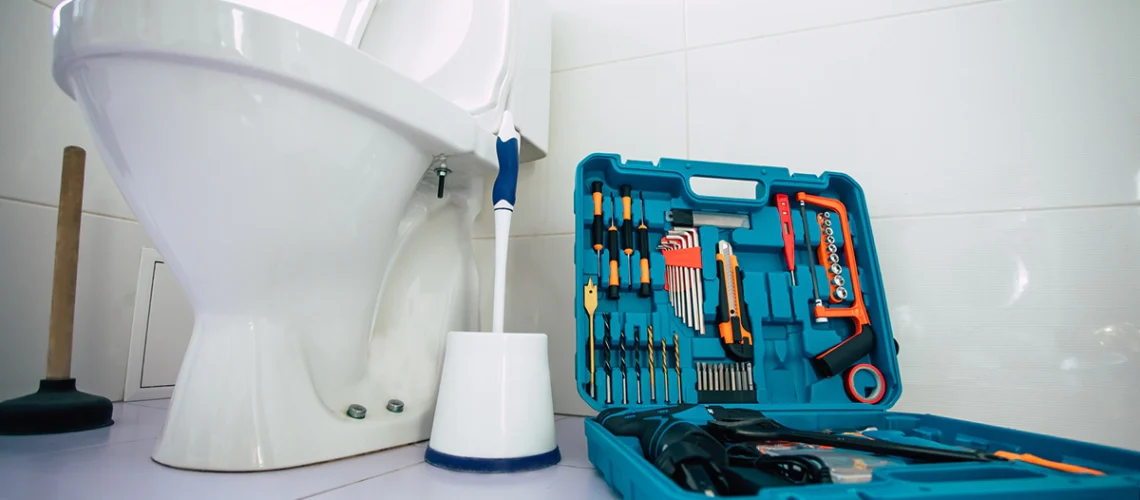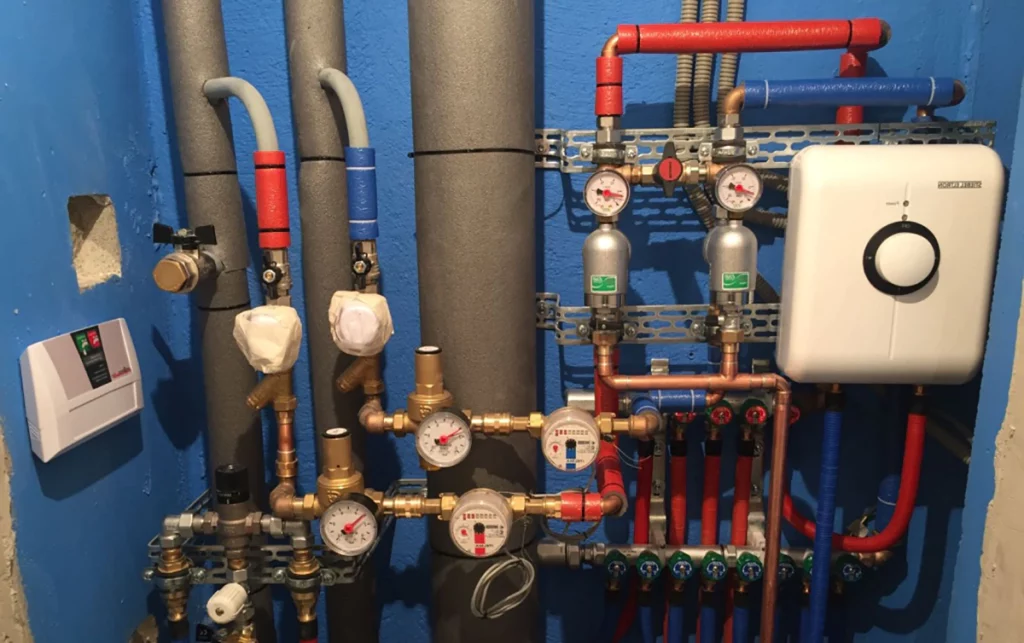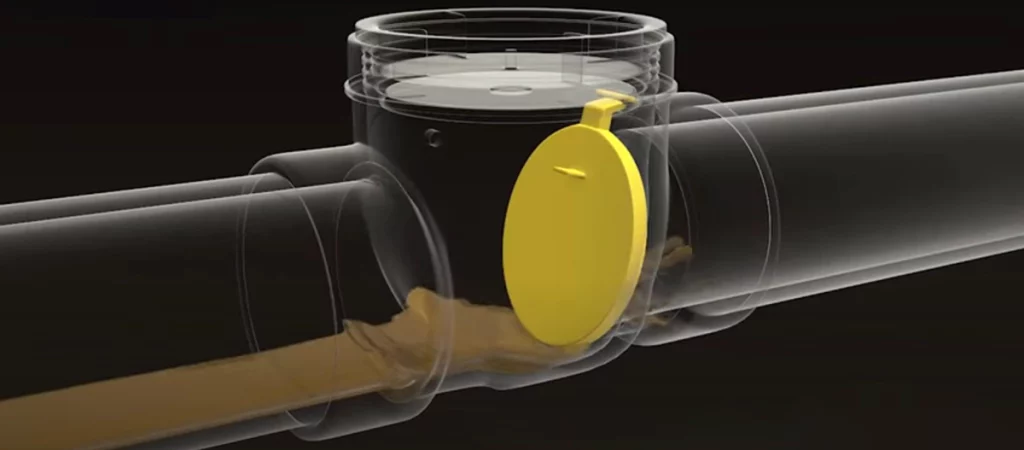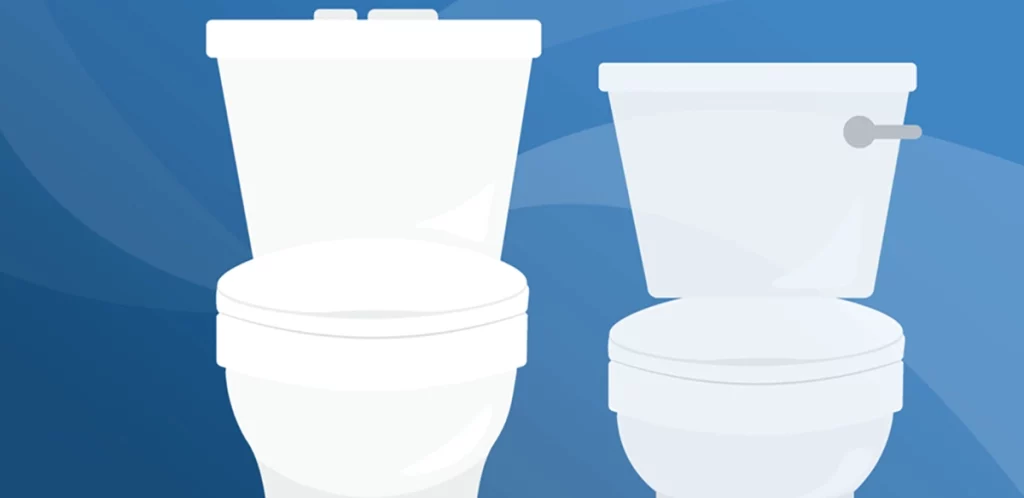When it comes to maintaining your home, plumbing issues can be some of the most inconvenient and frustrating to deal with. From leaky faucets to clogged drains, plumbing problems can disrupt your daily life and, if left unaddressed, can lead to costly damage. Knowing when to call a plumber is essential to prevent small issues from becoming major headaches. In this article, we’ll explore eight signs that indicate it’s time to pick up the phone and call a professional plumber.
Knowing when to call a plumber is crucial to preventing small problems from turning into major headaches. If you’re dealing with persistent leaks, slow or clogged drains, weak water pressure, or unpleasant odors from your pipes, it’s time to seek professional help. Issues like leaking or burst pipes, a malfunctioning water heater, or continuous toilet running can waste water and increase utility bills. In some cases, DIY fixes may work, but for complex or emergency plumbing situations, calling a professional ensures the problem is diagnosed and resolved correctly—saving you time, money, and potential damage in the long run.
In this article, we’ll explore eight key signs that indicate it’s time to pick up the phone and call a plumber.
Contents
Recognizing Common Plumbing Problems
Before diving into the signs that necessitate a plumber’s expertise, let’s first identify some common plumbing issues you might encounter:
- Dripping Faucets: A dripping faucet not only wastes water but also adds to your water bill. The constant “drip, drip, drip” can be annoying, too.
- Slow or Clogged Drains: Whether it’s the kitchen sink, bathroom sink, or shower, slow-draining or completely clogged pipes can disrupt your daily routines.
- Low Water Pressure: Weak water pressure can make simple tasks like showering or washing dishes a frustrating experience.
- Running Toilets: A toilet that runs continuously can waste a substantial amount of water and increase your utility bills.
- Leaking Pipes: Leaks can damage your home’s structure, cause mold growth, and lead to expensive repairs.
- Unpleasant Odors: Foul odors coming from your drains or pipes might indicate a sewer or drain issue.
- Water Heater Problems: Cold showers are never enjoyable. Issues with your water heater can leave you shivering.
- Burst Pipes: A burst pipe is a plumbing emergency that requires immediate attention to prevent extensive water damage.
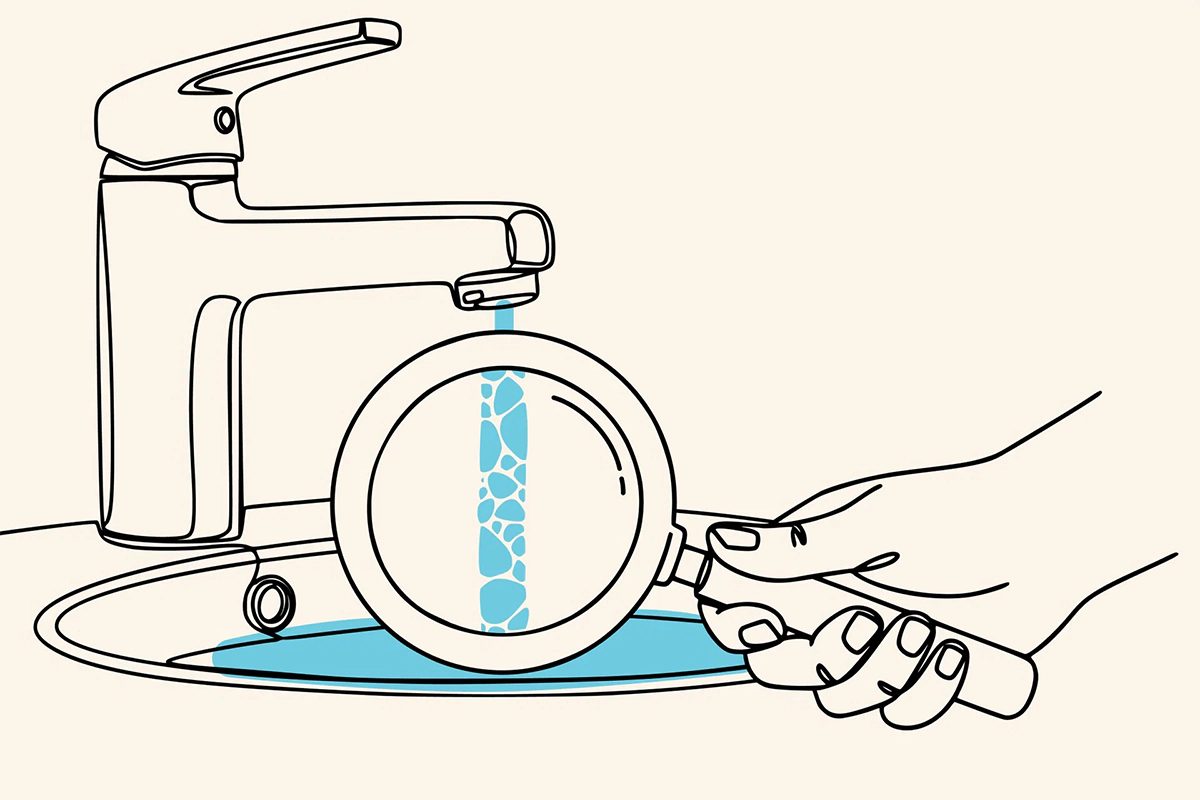
DIY vs. Professional Plumbing
When it comes to plumbing issues in your home, you may find yourself facing a choice between attempting a DIY (do-it-yourself) fix or hiring a professional plumber. While there are some plumbing tasks you can handle on your own, there are situations where calling a professional is not just advisable but necessary. Let’s explore the factors to consider when deciding between DIY and professional plumbing:
Can You Fix It Yourself?
Determining whether you can fix a plumbing issue yourself depends on several factors, including your skill level, the complexity of the problem, and the tools and materials you have at your disposal. Here are some considerations to help you decide if you can tackle a plumbing issue on your own:
- Skill and Knowledge: Do you have experience with plumbing repairs? Some minor issues, like fixing a dripping faucet or replacing a toilet flapper, can be relatively straightforward for someone with basic DIY skills. However, more complex problems may require a deeper understanding of plumbing systems.
- Tools and Materials: Do you have the necessary tools and materials for the job? Plumbing repairs often require specific tools and replacement parts. Make sure you have access to the right equipment before starting.
- Safety Precautions: Consider whether the repair involves any safety hazards, such as electrical connections or gas lines. If there are safety concerns, it’s best to leave the job to a professional.
- Time and Patience: Some plumbing repairs can be time-consuming, and patience is essential. Are you prepared to dedicate the necessary time and effort to complete the repair correctly?
- Instructions and Resources: Do you have access to reliable instructions or resources to guide you through the repair process? Online tutorials, DIY plumbing books, and manufacturer’s instructions can be helpful.
- Backup Plan: Always have a backup plan in case your DIY efforts don’t go as planned. Knowing when to call a professional plumber if the situation worsens is crucial.
In summary, whether you can fix a plumbing issue yourself depends on your skills, the nature of the problem, and the necessary safety precautions. It’s essential to assess your abilities honestly and consider the potential risks before attempting a DIY plumbing repair. When in doubt or when safety is a concern, it’s wise to call a professional plumber to ensure the job is done correctly and safely.
The Benefits of Hiring a Professional Plumber
Advantages of Hiring a Professional:
- Expertise: Professional plumbers are trained and experienced in diagnosing and solving a wide range of plumbing issues efficiently.
- Quality Work: Plumbers ensure that repairs are done correctly, reducing the likelihood of future problems.
- Safety: Plumbing work can involve hazards like hot water, gas lines, and electricity. Plumbers are equipped to handle these safely.
- Save Time: Hiring a plumber can save you precious time and prevent the frustration of DIY efforts that might take longer than expected.
- Warranty: Many professional plumbers offer warranties on their work, providing peace of mind that the job will be done correctly.
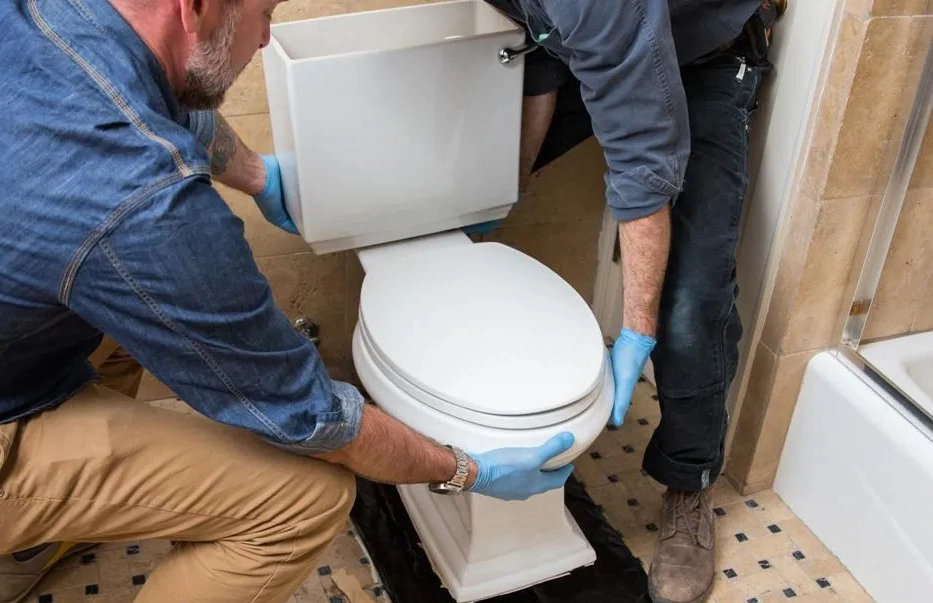
DIY Plumbing Tips:
If you decide to tackle a plumbing task on your own, here are some tips to keep in mind:
- Research and Educate Yourself: Before starting any DIY plumbing project, thoroughly research the task, gather information, and watch tutorials if necessary.
- Use Proper Tools and Materials: Ensure you have the right tools and materials for the job, and use them correctly.
- Shut Off Water: Always turn off the water supply before working on any plumbing fixture or pipe.
- Work Slowly and Carefully: Take your time and proceed carefully to avoid damaging pipes or fixtures.
- Know When to Stop: If you encounter unexpected challenges or the problem appears more complex than anticipated, don’t hesitate to call a professional.
In conclusion, while DIY plumbing can be suitable for minor tasks and maintenance, it’s crucial to recognize your limitations. For complex issues, emergencies, or situations where safety is a concern, hiring a professional plumber is the wisest choice. Professionals have the knowledge, experience, and tools needed to ensure that plumbing problems are resolved correctly and safely, ultimately saving you time, money, and potential headaches.
Identifying Emergency Situations
Some plumbing issues can’t wait. These are considered plumbing emergencies and should prompt an immediate call to a plumber. Examples include:
- Burst Pipes: The rapid flow of water from a burst pipe can cause extensive damage within minutes.
- Sewer Backups: A sewage backup poses health risks and requires immediate attention.
- Gas Leaks: Gas leaks are hazardous and should be addressed immediately by a licensed plumber.
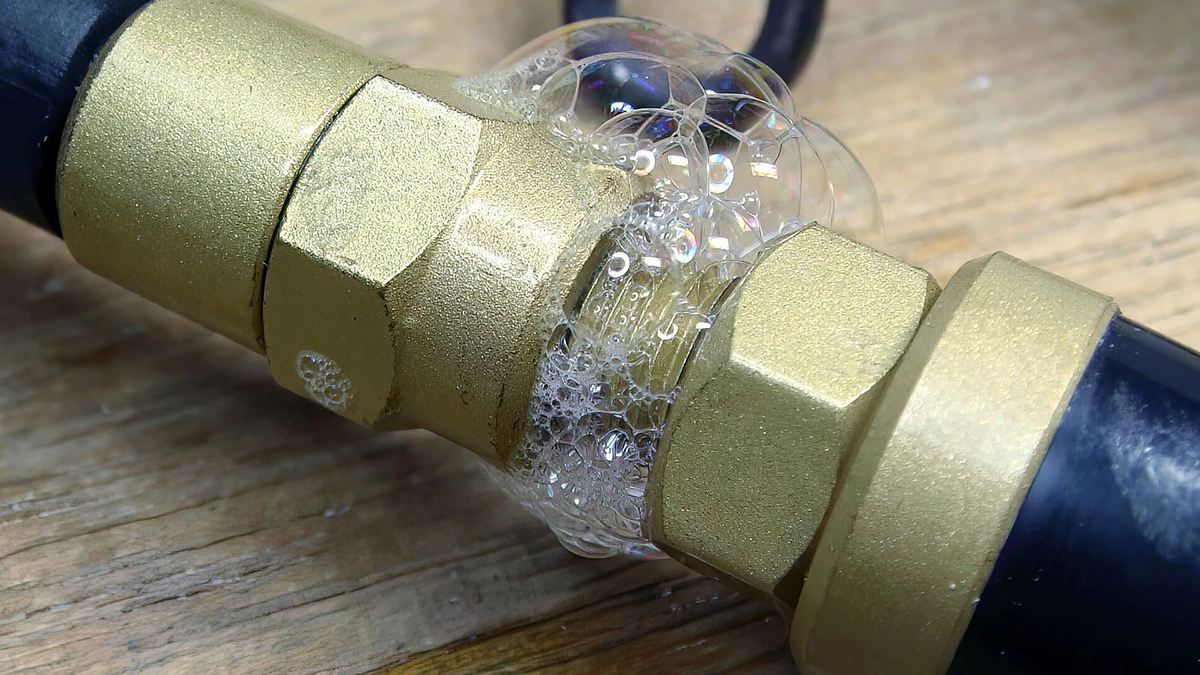
Scheduled Maintenance and Inspections
Preventing plumbing problems before they occur is always a good strategy. Consider scheduling regular plumbing maintenance and inspections. Plumbers can identify potential issues and fix them before they become major problems.
Preventing Future Plumbing Problems
To maintain healthy plumbing in your home, consider these tips:
- Watch What You Flush: Only flush toilet paper and human waste. Avoid flushing items that can clog pipes, like paper towels and feminine hygiene products.
- Be Mindful of Grease: Avoid pouring grease down the kitchen sink, as it can solidify and clog pipes.
- Use Drain Screens: Install screens or strainers in your sinks and shower drains to catch hair and debris before they cause clogs.
- Insulate Pipes: In cold climates, insulate exposed pipes to prevent freezing and bursting during winter.
- Regular Cleaning: Periodically clean and maintain your plumbing fixtures to prevent mineral buildup and corrosion.
FAQ about 8 Signs It’s Time to Call a Plumber
Common signs of a plumbing problem include dripping faucets, slow or clogged drains, low water pressure, running toilets, leaking pipes, unpleasant odors, water heater issues, burst pipes, noisy pipes, and sewer backups.
It’s not always necessary to hire a plumber for minor plumbing issues. Some DIY-friendly tasks like fixing a dripping faucet or unclogging a drain can be handled by homeowners. However, for complex or safety-related issues, it’s advisable to hire a professional plumber.
To find a reliable plumber in your area:
- Ask for recommendations from friends, family, or neighbors.
- Check online reviews and ratings on websites like Yelp or Angie’s List.
- Contact your local plumbing association for referrals.
- Request quotes and compare services from multiple plumbers.
- Verify that the plumber is licensed, insured, and has good references before hiring them.



